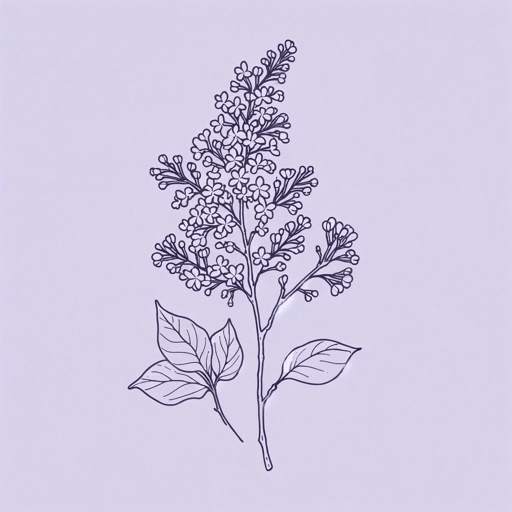26 pages • 52 minutes read
Walt WhitmanWhen Lilacs Last in the Dooryard Bloom'd
Fiction | Poem | Adult | Published in 1865A modern alternative to SparkNotes and CliffsNotes, SuperSummary offers high-quality Study Guides with detailed chapter summaries and analysis of major themes, characters, and more.
Background
Authorial Context: Whitman as a Poet of National Identity
Whitman volunteered to care for wounded soldiers during the American Civil War; now, as the war finally seemed to be ending, hope for the country’s renewal vanished with the sudden loss of their leader. Envisioning his role as the voice of the people, Whitman struggled to express an avalanche of sentiment and disbelief. His grief was personal; Whitman wrote about his admiration for Lincoln and attended his second inauguration in March before the April assassination.
“Lilacs” came third among the poems dedicated to Lincoln’s memory, following the more conventional “O Captain, My Captain!” Preceding that, “Hush’d Be the Camps Today,” dated four days after Lincoln’s death, speaks from the soldiers’ point of view and serves as a memorial to soldiers lost in the war. In “Lilacs,” Whitman found balance between public and personal, addressing both the national mourning and his personal sorrow in a more daring lyric form than its more conventional predecessors.
Related Titles
By Walt Whitman

A Glimpse
Walt Whitman

America
Walt Whitman

A Noiseless Patient Spider
Walt Whitman

Are you the new person drawn toward me?
Walt Whitman

As I Walk These Broad Majestic Days
Walt Whitman
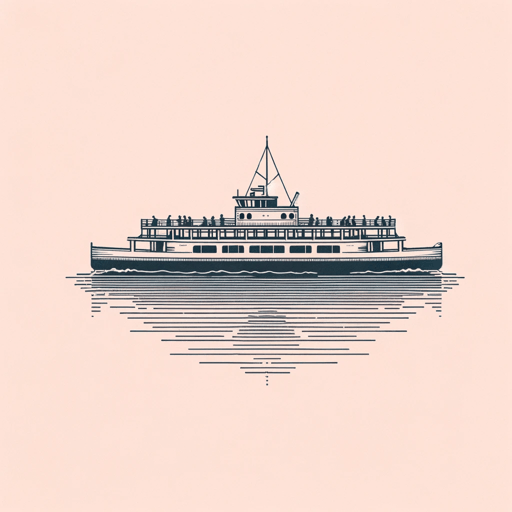
Crossing Brooklyn Ferry
Walt Whitman
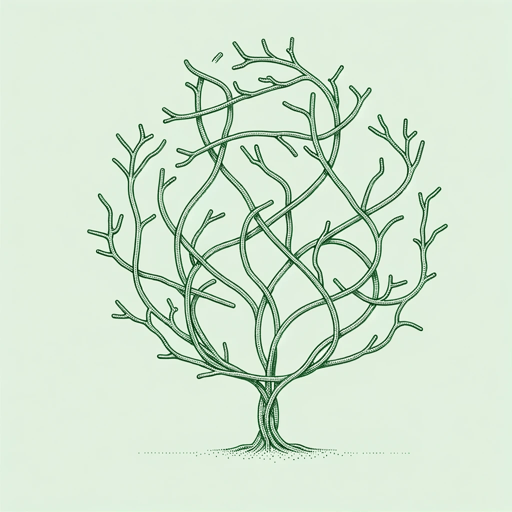
For You O Democracy
Walt Whitman
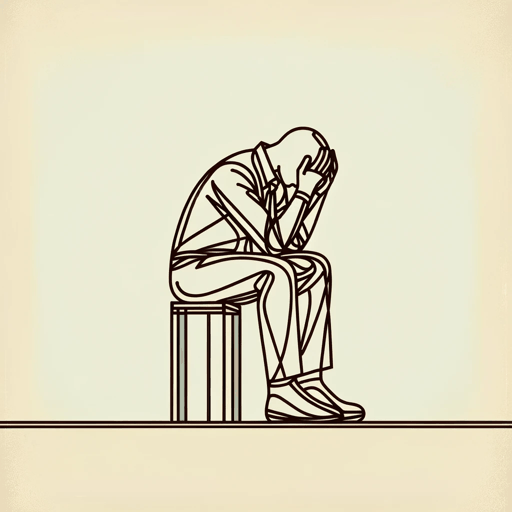
Hours Continuing Long
Walt Whitman

I Hear America Singing
Walt Whitman
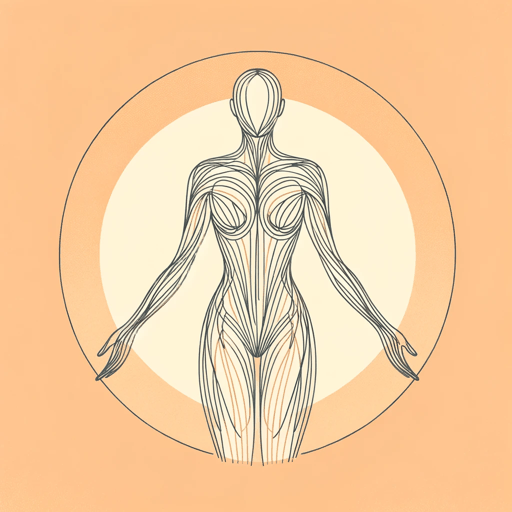
I Sing the Body Electric
Walt Whitman

I Sit and Look Out
Walt Whitman

Leaves of Grass
Walt Whitman

O Captain! My Captain!
Walt Whitman
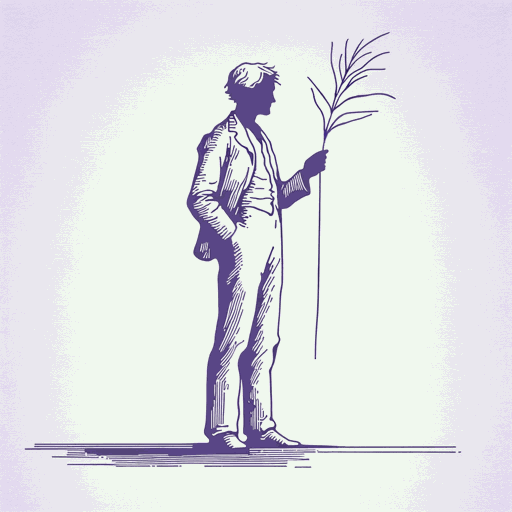
Song of Myself
Walt Whitman
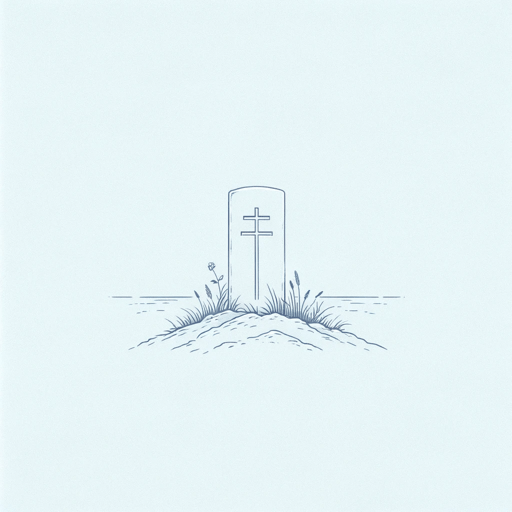
Vigil Strange I Kept on the Field One Night
Walt Whitman

When I Heard the Learn'd Astronomer
Walt Whitman
